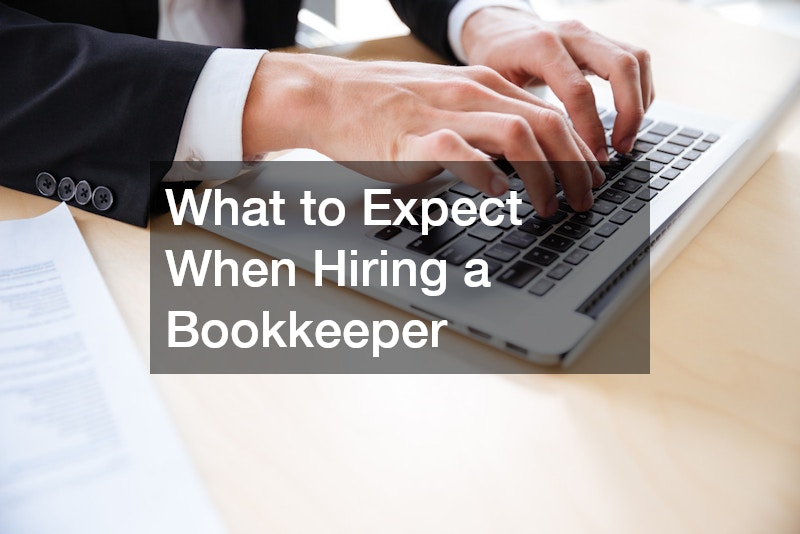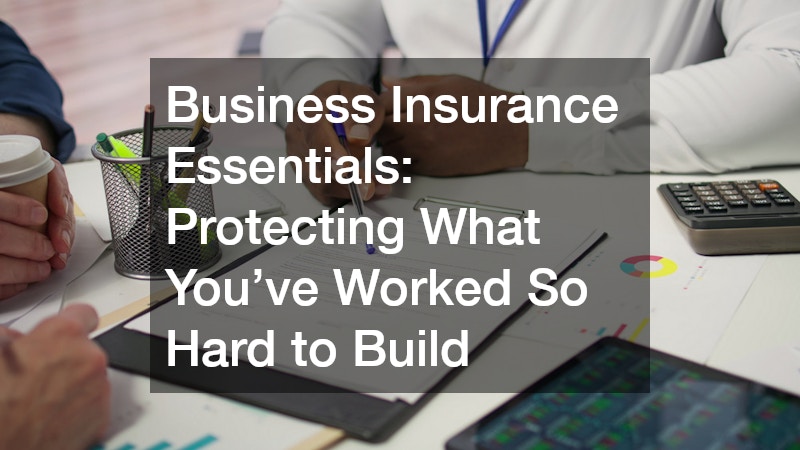Starting a business in the rental property industry is always a smart move because there is no shortage of people looking for potential homes. This makes becoming a landlord with your own property a wise career choice and long-term investment because you can be your own boss while getting passive income.
But the upfront costs of buying a property can be expensive, and the process of becoming a landlord can become rigorous. That’s why not all landlords are too enthused about getting insurance for their properties. Some people think they won’t need it until they do, and by then, it can be too late.
So even if you don’t think something bad will happen to your property, having insurance is a smart business move because it prepares you for the worst-case scenarios. Don’t leave anything to chance, especially if your property is your primary source of income. Here are three situations where a landlord’s insurance can prove to be necessary:
When you lose income because your property becomes uninhabitable due to an incident
As a rental property owner, you depend on your tenants’ regular rent checks to pay for all the expenses that come with maintaining your property. This can include the utilities such as water, electricity, and heating, as well as the repair costs for the property’s eventual wear and tear.
However, if an incident leaves your property uninhabitable, like, for instance, a fire breaking out in a tenant’s unit that quickly engulfs the entire floor, then your tenants will be forced to evacuate your property. Not only will you be losing the regular rent checks, but you will also be spending on repairs.
Your monthly bills such as property taxes, mortgage, or utilities won’t stop coming in because you experienced a tragedy. But if you have no income source because of the incident, where will you get the money to pay your bills? This is when your landlord insurance can save you.
The insurance policy includes a provision about fair rental income protection, which basically means that your insurance can help replace your regular rent checks for a specific period during ongoing claims. This makes it possible for you to keep up with your monthly bills even when your tenant rent checks are unavailable.

When the structure of your property gets damaged because of an incident
There can be incidents that can damage your property’s structure but still allow it to be habitable. In such cases, your landlord insurance can help you rebuild your property by shouldering most of the repairs costs so that you won’t have to take it out of your pockets.
This specific provision is called the dwelling coverage, and it can cover the damages caused by common incidents like fires, lightning, water damage, explosions, riots, or theft, among others. Your insurance policy can have different expenditure limits depending on the incident, so it will be best to refer to it.
However, your policy can’t cover all damages to your property’s structure because they might need another kind of insurance. Damages caused by earthquakes, floods, infestations, improper maintenance, or general wear and tear may not be included in the coverage.
When your property suffers from a natural catastrophe
As a landlord, one of the worst things that can happen to your property is suffering from a natural disaster. This is because a catastrophe can have detrimental effects on your business and your and your tenants’ lives.
It’s safe to say that when disaster strikes, all hell breaks loose. A natural catastrophe can single-handedly wipe out entire villages, so protecting your investment with the right kind of insurance will allow you to rest assured that you can survive whatever nature throws your way.
With catastrophic coverage, you can be prepared to pay for the damages to your property caused by low-probability but high-cost disasters such as floods, hurricanes, tornadoes, tsunamis, volcanic eruptions, earthquakes, and other naturally occurring events.
This is especially important to have if your property is located near fault lines, the sea, or places where the risk for natural disasters is higher. Getting catastrophic coverage as a standalone policy or an additional provision to your property insurance might be your saving grace in disastrous situations.
You are not legally obligated to get landlord insurance before starting your business, but most mortgage lenders recommend it because it serves as a protection. The insurance can also be beneficial if you experience the situations mentioned above. Protecting yourself, your tenants, and your property with insurance can be the responsible thing to do as a landlord.










